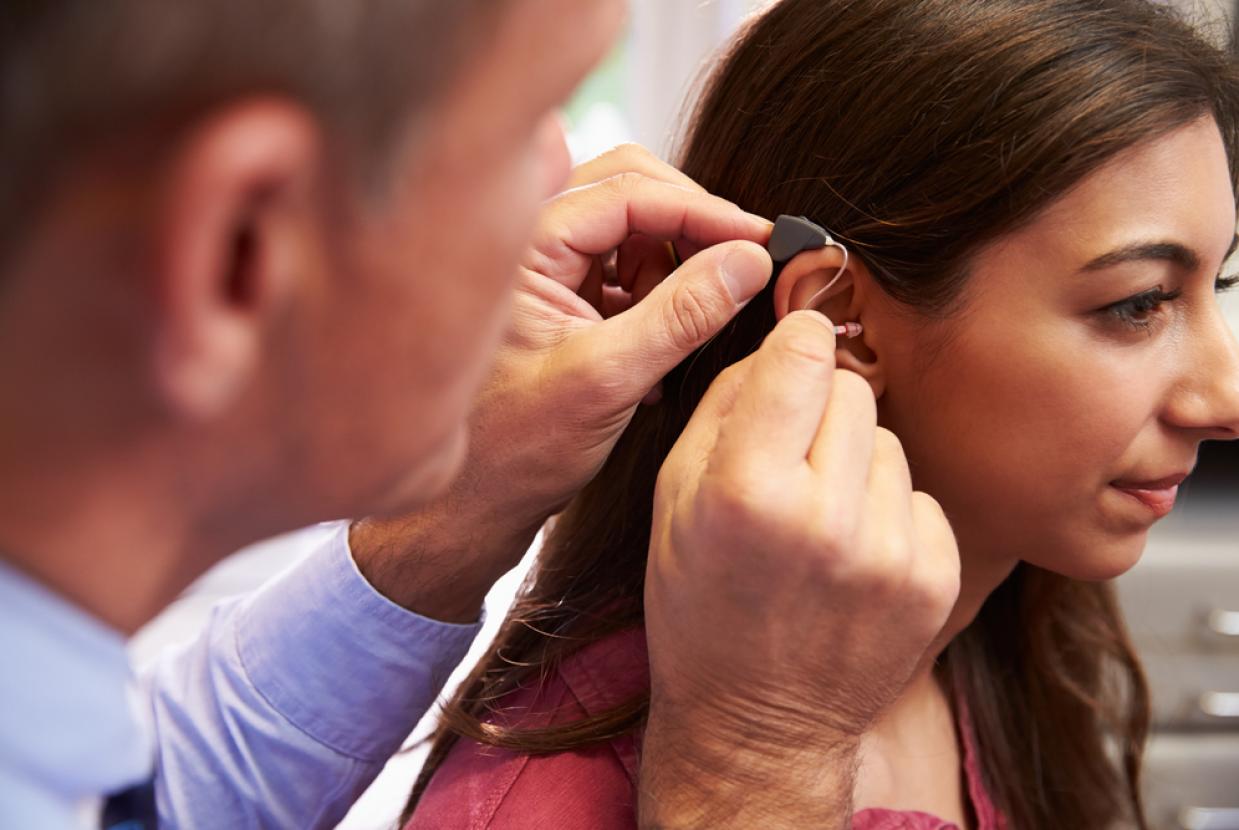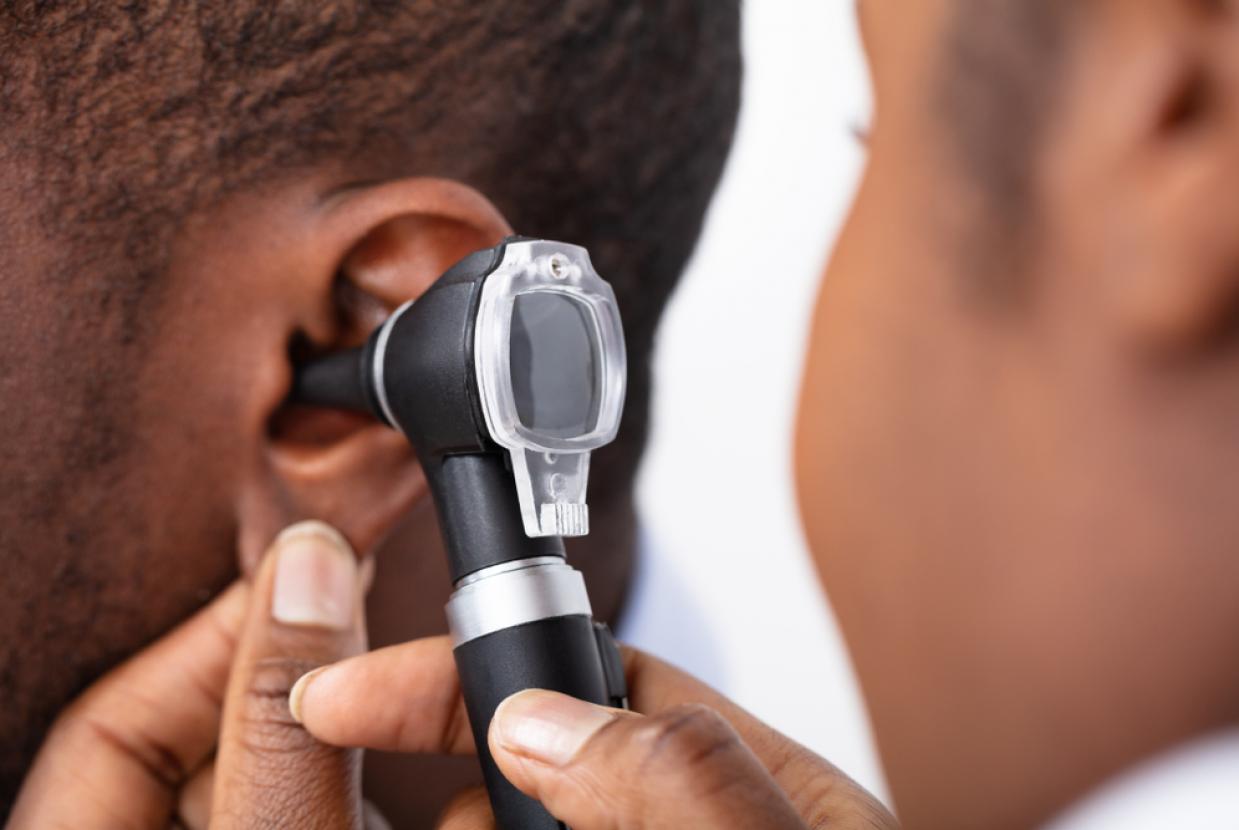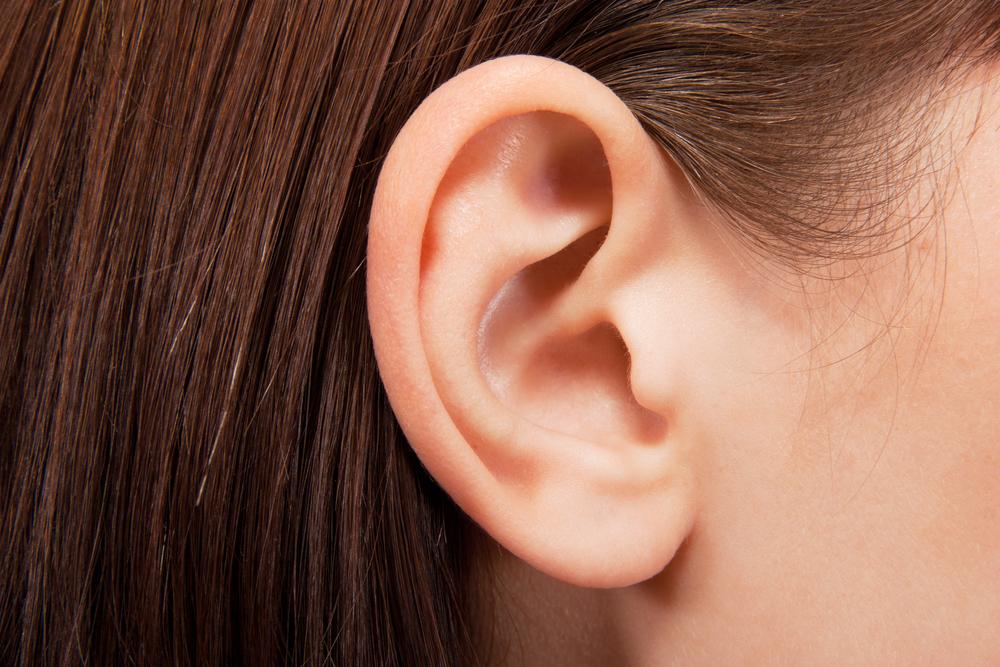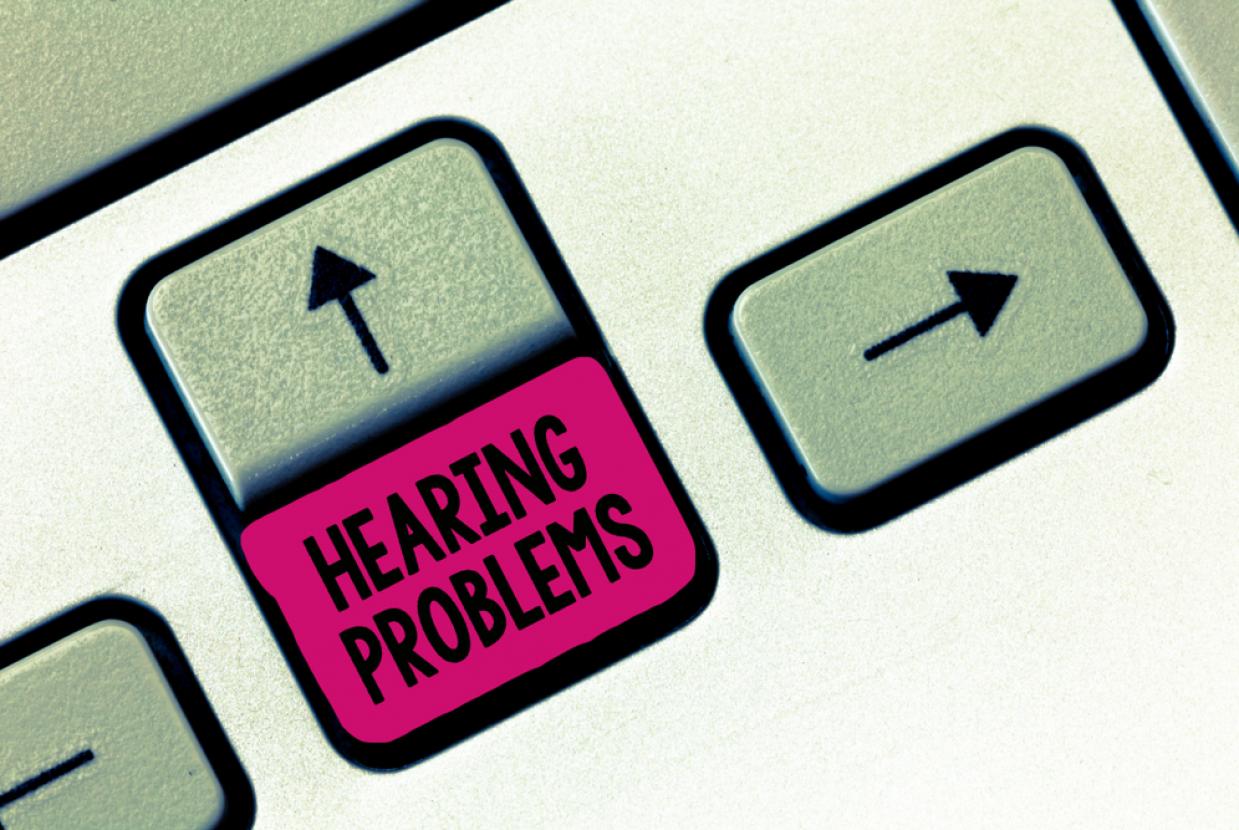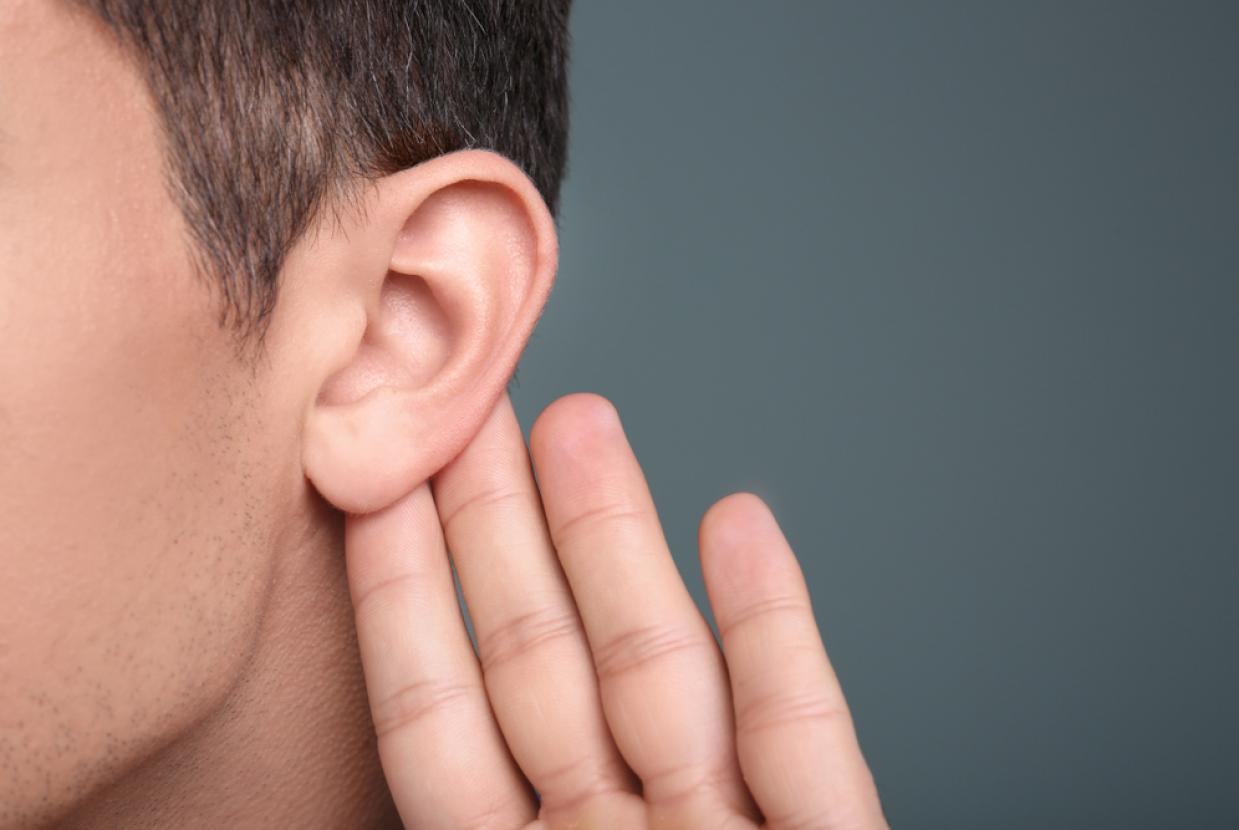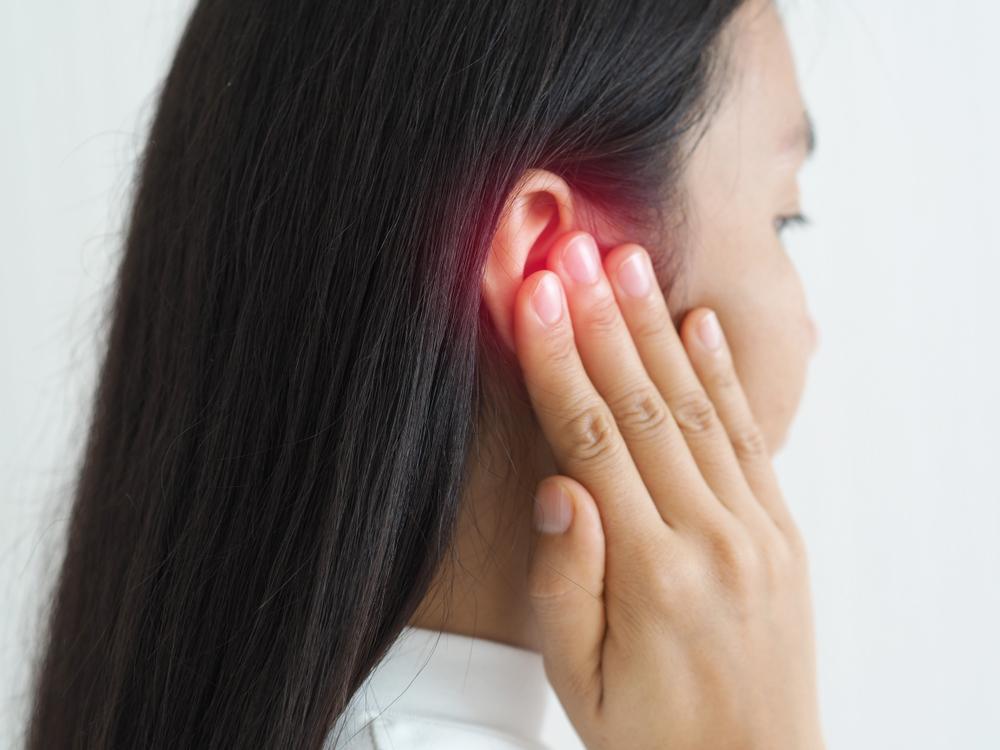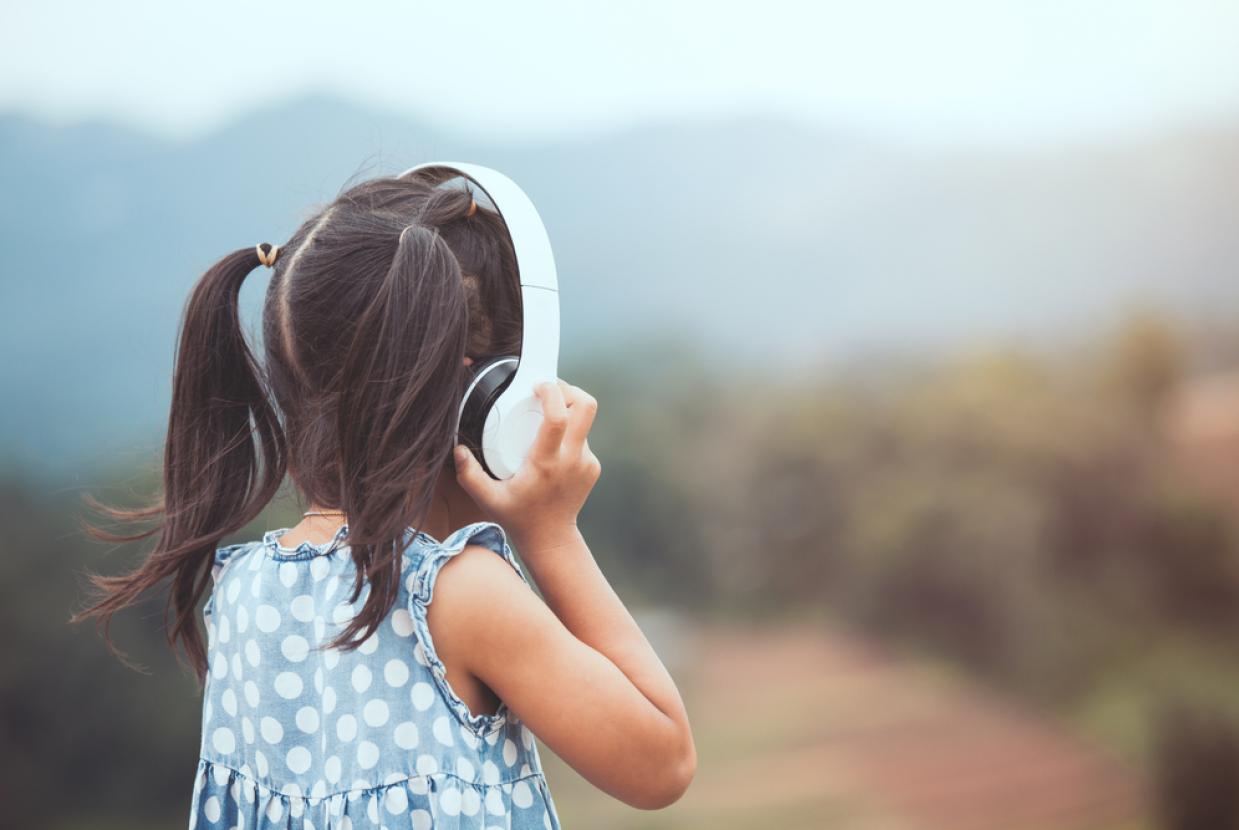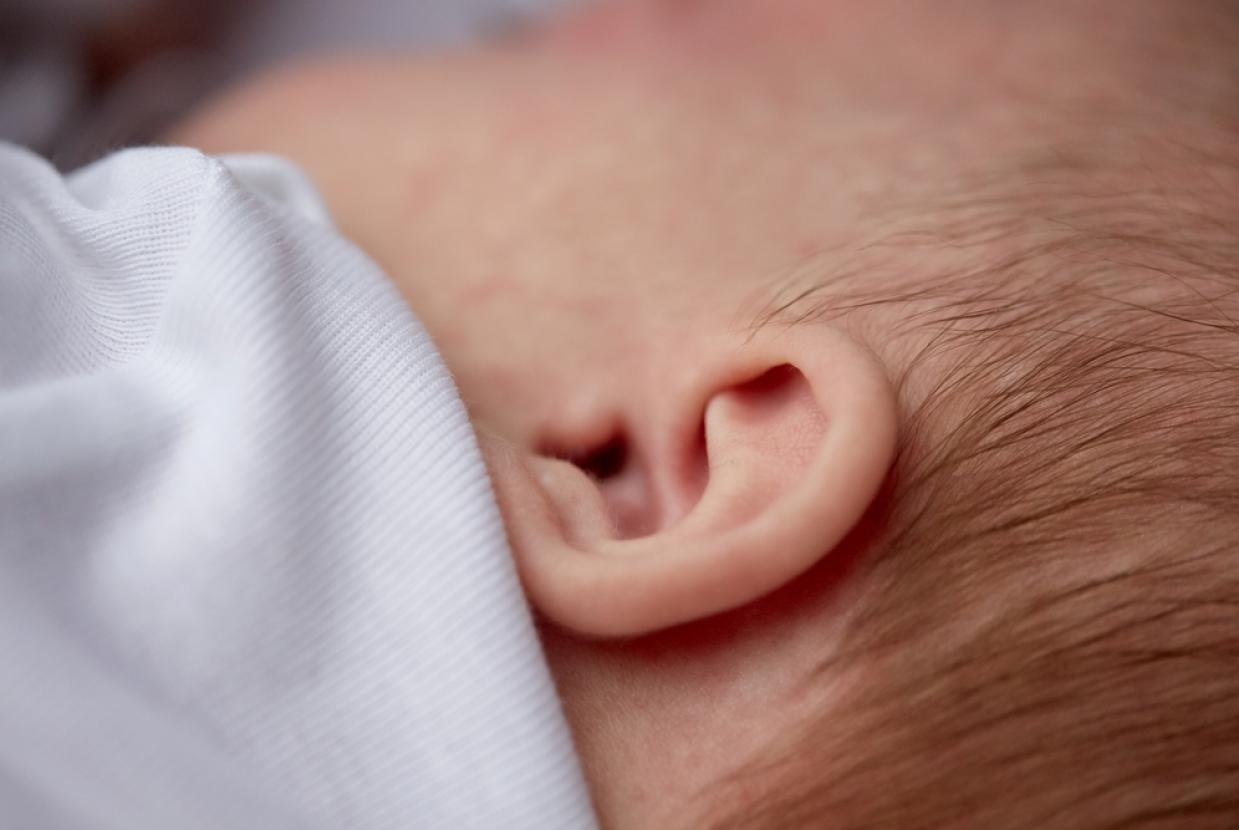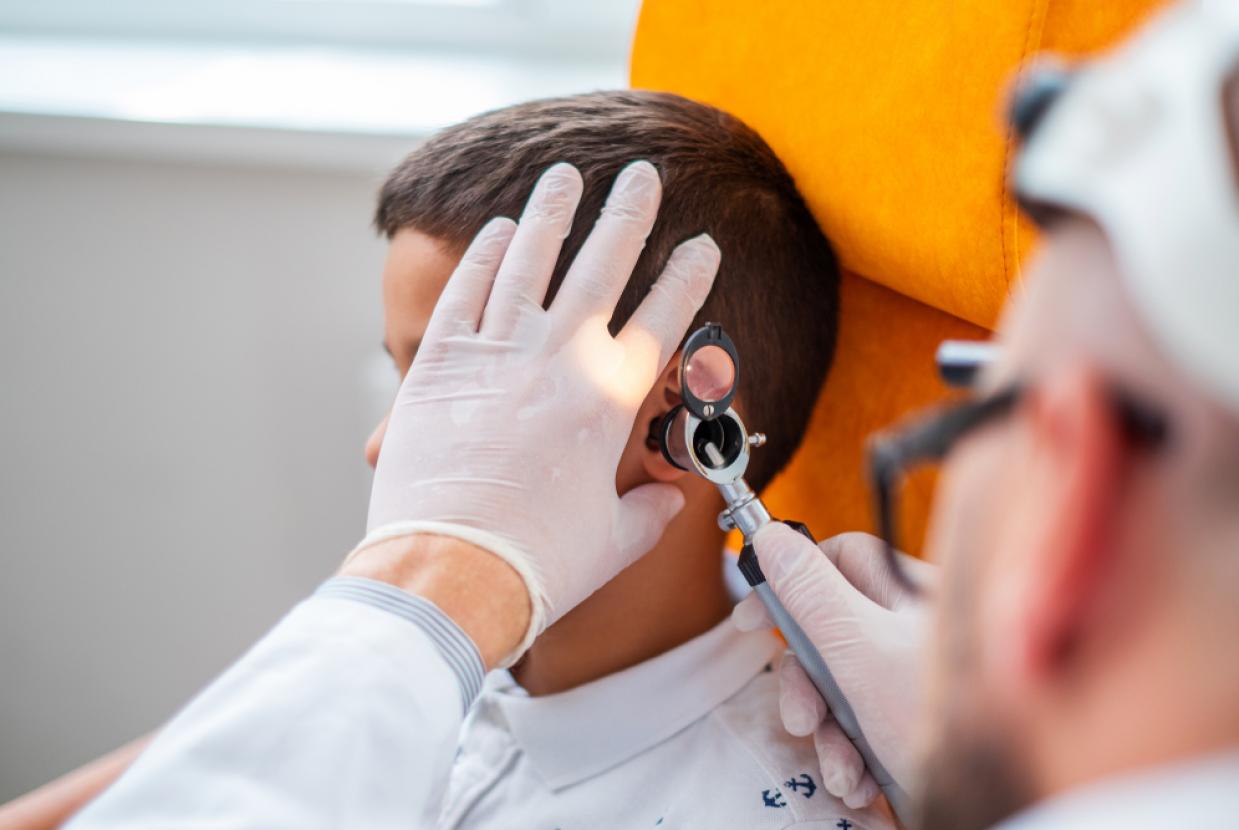Age-Related Hearing Loss
Age-related damage to the inner ear is the single biggest cause of hearing loss. It’s also known as presbycusis.
Most of us will experience some level of hearing loss as we get older. This type of hearing loss tends to affect both ears, and increases as you get older.
Causes of age-related hearing loss
The main cause of age-related hearing loss is gradual wear and tear to tiny sensory cells called ‘hair cells’ in the cochlea (your hearing organ in the inner ear).
How age affects your hearing
Your hearing might start to deteriorate with age, which makes high-frequency sounds, such as some voices, difficult to hear.
It might also be harder to hear ‘s’, ‘f’ and ‘th’ sounds in words. This can make it hard to understand what people are saying over background noise.
There is no cure for age-related hearing loss, but many people find hearing aids to be a huge help.
Signs of age-related hearing loss
You may be experiencing hearing loss if you:
- think other people sound like they’re mumbling
- ask people to repeat things for you often
- have difficulty understanding what is being said in noisy places
- find it hard to keep up with group conversation
- get tired from having to concentrate so much
- find other people think your TV or music is too loud
- often have difficulty hearing on the telephone.







